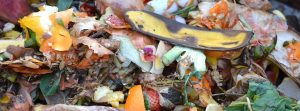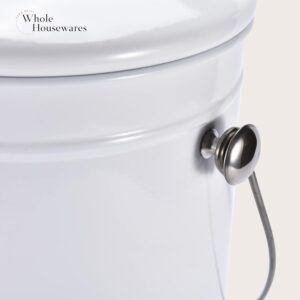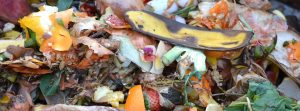Hey there, eco-warriors! Let’s dive into the wonderful world of composting. In this article, “What Materials Can I Compost?”, we’ll explore the various materials that are perfect for your compost pile and some that you should avoid. From kitchen scraps to yard waste, we’ll help you become a composting pro. Whether you’re a seasoned gardener or a newbie, you’ll learn how to turn your organic waste into nutrient-rich soil that benefits our gardens and the planet. Let’s get started and make our compost bins happy and healthy! Have you ever wondered, “What materials can I compost?” The answer might be more comprehensive than you think! Composting not only reduces the waste that ends up in landfills but also enriches our garden soil, promoting healthier plants and vegetables. Let’s explore together the various materials that we can toss into our compost bins and which ones we should avoid.
Understanding Composting Basics
Before diving into the specifics, it’s essential to grasp the basics of composting. Composting is the natural process of recycling organic matter, such as leaves and food scraps, into a valuable fertilizer that can enrich the soil.
The Importance of Composting
Composting helps improve soil structure, enriches plant growth, and conserves landfill space. By composting, we can reduce the amount of methane emitted from organic waste, thus playing a part in combating climate change.
How Does Composting Work?
Composting involves microorganisms breaking down organic materials through aerobic digestion. These microorganisms thrive in a balanced environment containing three basic components: browns (carbon-rich materials), greens (nitrogen-rich materials), and water (moisture).
| Component | Example Materials | Role in Composting |
|---|---|---|
| Browns | Dried leaves, cardboard, wood chips | Provide carbon and help with aeration |
| Greens | Vegetable scraps, coffee grounds, grass clippings | Supply nitrogen for microorganism growth |
| Water | Water | Maintains moisture to break down material |
What Materials Can Be Composted?
There are plenty of materials suitable for composting, and they generally fall under the categories of “greens” and “browns.”
Browns: Carbon-Rich Materials
Browns are critical to the composting process because they provide the necessary carbon. Here are some common items that fall under this category:
1. Dried Leaves
Leaves are abundant, especially in the autumn. They break down slowly and add necessary carbon.
2. Cardboard and Paper
We can compost cardboard, paper towels, tissues, napkins, and even paper bags. It’s best to tear them into smaller pieces to help them break down faster.
3. Wood Chips and Sawdust
If you have access to untreated wood chips or sawdust, these can be a great addition. Ensure they are from non-toxic, untreated wood.
4. Straw and Hay
These agricultural by-products can contribute to your carbon stockpile in the compost bin.
| Brown Material | Tips for Composting |
|---|---|
| Dried Leaves | Shred them to speed up the decomposition |
| Cardboard/Paper | Tear into small pieces; avoid glossy paper |
| Wood Chips/Sawdust | Use untreated wood; mix well into the compost |
| Straw and Hay | Use in moderation to maintain a balanced mix |
Greens: Nitrogen-Rich Materials
These materials decompose quickly and provide essential nitrogen to the compost, making microorganisms more active.
1. Vegetable and Fruit Scraps
Most kitchen scraps, including peels, cores, and other vegetable and fruit waste, are ideal for composting.
2. Coffee Grounds and Tea Bags
Coffee grounds are high in nitrogen and can be added directly to the compost pile. Tea bags (if they’re fully compostable) offer the same benefits.
3. Grass Clippings
Fresh grass clippings are excellent nitrogen sources but should be mixed well with browns to avoid becoming soggy and compacted.
4. Eggshells
While technically not a “green,” eggshells add valuable calcium to the compost. Crush them before adding to ensure they decompose faster.
| Green Material | Tips for Composting |
|---|---|
| Vegetable/Fruit Scraps | Chop them up to accelerate breakdown |
| Coffee Grounds/Tea Bags | Remove any non-compostable parts like staples |
| Grass Clippings | Mix thoroughly with brown materials to prevent matting |
| Eggshells | Rinse and crush them to help them break down faster |
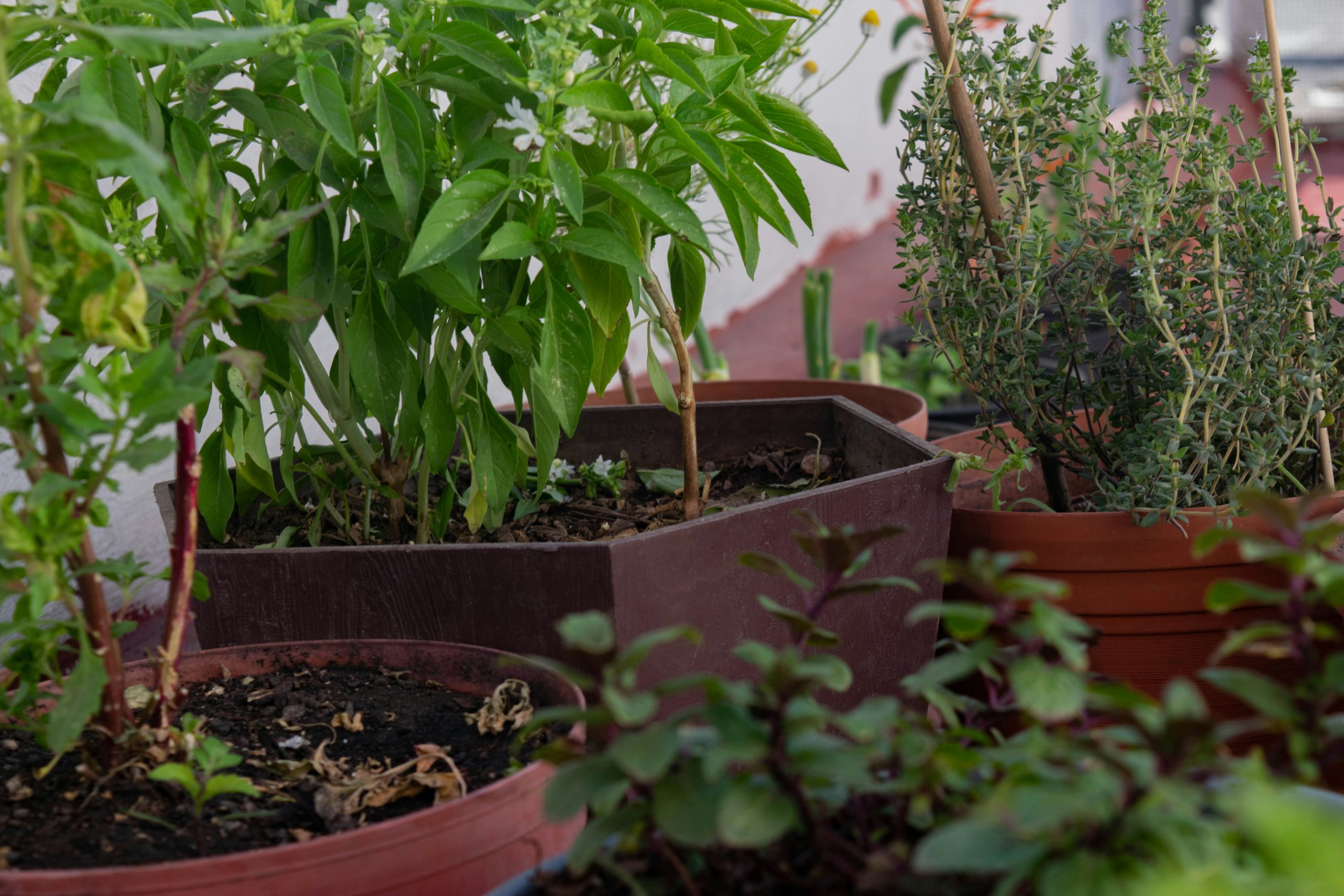
Materials to Avoid in Composting
Just as important as knowing what to compost is understanding what materials should be kept out of our compost bins. Certain items can cause problems, attract pests, or simply do not break down properly.
Non-Compostable Materials
Here are some materials we should avoid:
1. Meat, Bones, and Fish Scraps
These items can create unpleasant odors and attract pests.
2. Dairy Products
Cheese, milk, and other dairy products can similarly cause odor issues and attract unwanted visitors.
3. Oils and Fats
Cooking oils and fats don’t break down well and can disrupt the composting process.
4. Diseased Plants
Including these in the compost can spread diseases to our garden soil.
5. Pet Wastes
Animal feces can contain harmful pathogens and should not be composted.
| Non-Compostable Material | Reason to Avoid |
|---|---|
| Meat, Bones, Fish Scraps | Attract pests, produce bad odors |
| Dairy Products | Cause odor issues, attract pests |
| Oils and Fats | Do not break down, disrupt composting process |
| Diseased Plants | Can spread diseases |
| Pet Wastes | Contain harmful pathogens |
Special Considerations: Composting Unusual Items
There are some unconventional items that we might not first think of as compostable but can actually contribute to our compost piles effectively.
Hair and Fur
Human hair and pet fur can be added to the compost pile. They are rich in nitrogen and break down over time.
Natural Fibers
Cotton and wool fabrics, provided they are 100% natural and free from chemicals, can be composted.
Nut Shells
These take a bit longer to break down but can be composted. Ensure they are crushed or broken up first.
Used Paper Towels
Provided they don’t contain any chemicals or grease, used paper towels can be composted.
| Unusual Item | Composting Tips |
|---|---|
| Hair and Fur | Spread out to avoid clumping |
| Natural Fibers | Cut into smaller pieces to speed breakdown |
| Nut Shells | Crush or break up to help them decompose more quickly |
| Used Paper Towels | Ensure they are free from chemicals and heavy grease |
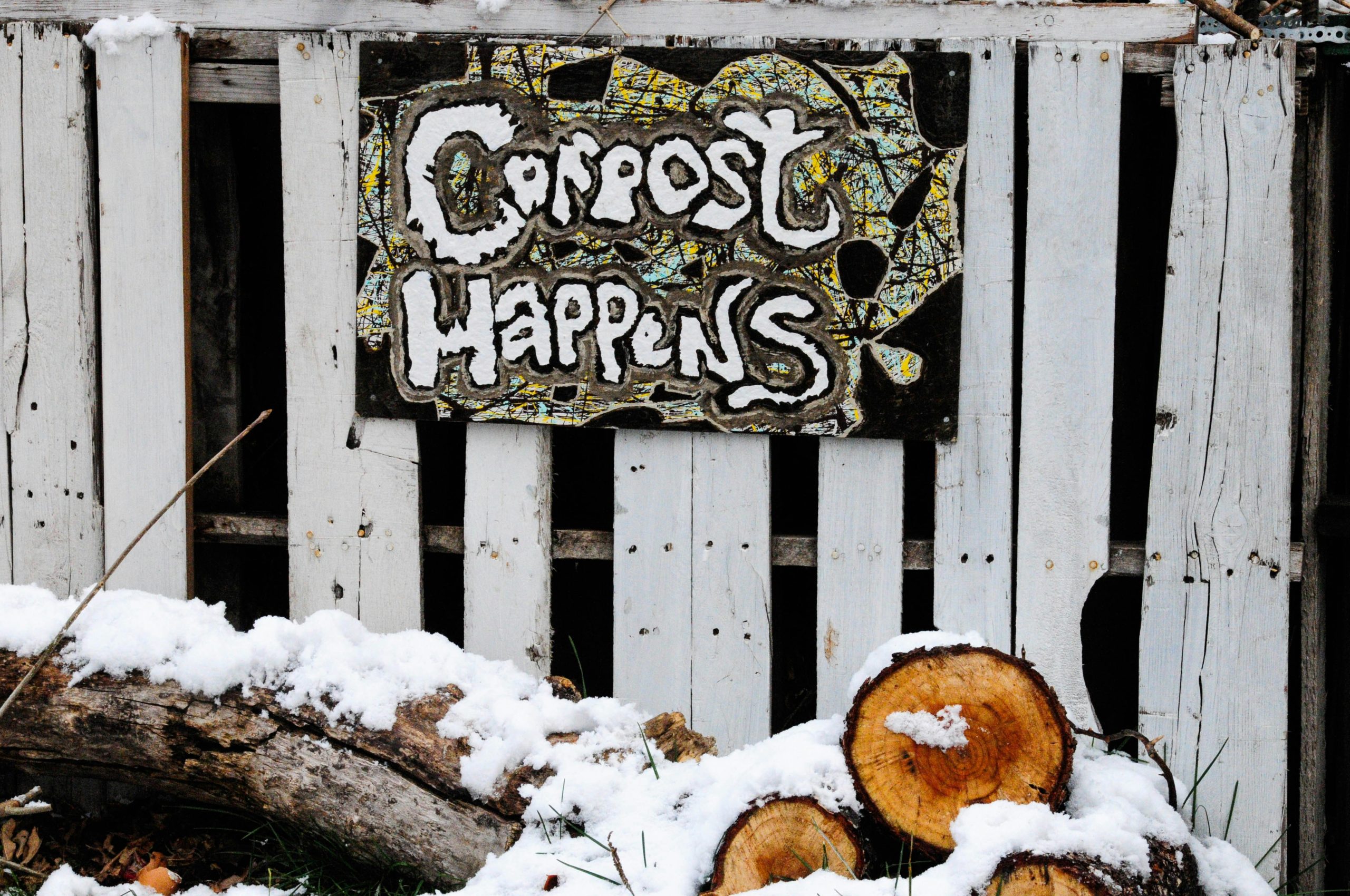
Balancing Your Compost: The 30:1 Ratio
One key to successful composting is maintaining a balanced carbon-to-nitrogen (C:N) ratio. Ideally, our compost pile should have a C:N ratio of about 30:1.
Achieving the Right Mix
A good guideline is to add roughly three parts brown materials to one part green materials. Too many greens can make the pile slimy and smelly, while too many browns will slow down the composting process.
| Ratio | Description |
|---|---|
| 30:1 C:N Ratio | Optimal balance for quick, effective composting |
Maintaining the Compost Pile
After we’ve loaded our compost bin with the right materials in the correct ratios, maintenance is key to ensuring it decomposes efficiently.
Turning the Pile
Regularly turning the compost ensures that oxygen reaches microorganisms, speeding up the decomposition process and reducing odors.
Monitoring Moisture
Our compost pile should be moist but not soggy. It should feel like a wrung-out sponge; too much water can lead to anaerobic conditions, while too little can slow down microbial activity.
Temperature Checks
A well-balanced compost pile can heat up to between 130 and 160 degrees Fahrenheit. Regularly check the temperature with a compost thermometer to ensure it’s within the optimal range.
| Maintenance Task | Purpose |
|---|---|
| Turning the Pile | Aerates compost, speeds decomposition, reduces odors |
| Monitoring Moisture | Maintains microbial activity, prevents anaerobic conditions |
| Temperature Checks | Ensures composting takes place within the optimal range |
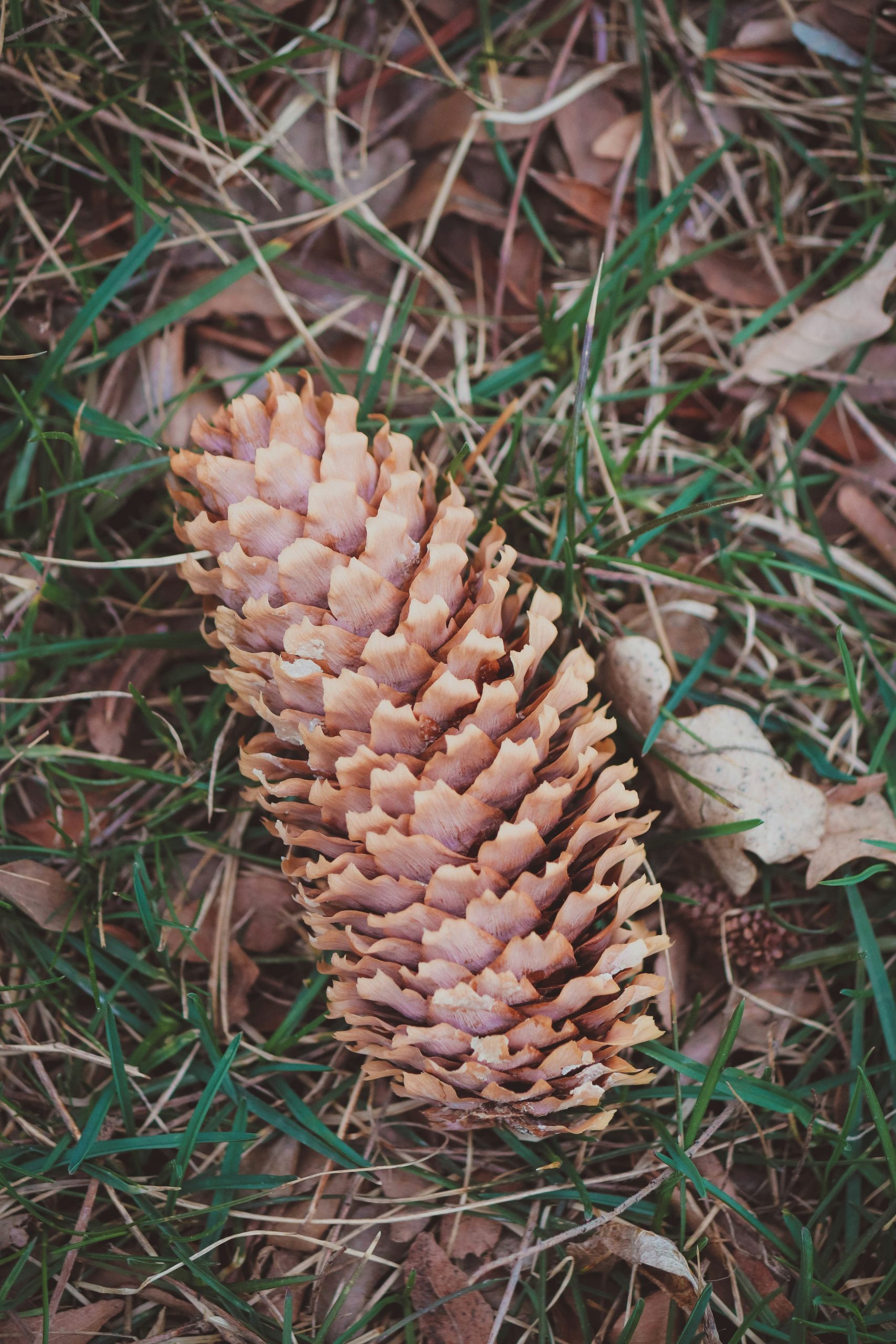
Troubleshooting Common Composting Issues
Composting isn’t always straightforward, and sometimes things can go awry. Here’s how to troubleshoot some common problems:
Odor Issues
If our compost pile smells bad, it typically means there are too many green materials, it’s too wet, or it’s not getting enough air. Adding more browns and turning the pile can help.
Slow Decomposition
When our compost isn’t breaking down quickly, it might be too dry, too cold, or lacking nitrogen. Adding a bit more greens and monitoring moisture can rectify this.
Pests
If pests are becoming an issue, avoid adding materials that attract them (like meat and fats), and ensure our compost bin is sealed correctly.
| Issue | Cause | Solution |
|---|---|---|
| Odor Issues | Too many greens, too much moisture | Add more browns, turn the pile |
| Slow Decomposition | Too dry, too cold, lack of nitrogen | Add greens, check moisture and temperature |
| Pests | Inappropriate items, bin not sealed | Avoid meats and fats, secure bin |
Benefits of Composting
With a well-maintained composting system, we can reap numerous benefits:
Enriched Soil
Compost naturally enriches the soil, providing essential nutrients that help our plants grow stronger and healthier.
Waste Reduction
Composting significantly reduces the amount of waste we send to landfills, which is good for the planet.
Cost Savings
By creating our own compost, we save money on commercial fertilizers and soil conditioners.
| Benefit | Description |
|---|---|
| Enriched Soil | Adds nutrients, improves soil structure |
| Waste Reduction | Decreases landfill waste, beneficial for the planet |
| Cost Savings | Saves money on fertilizers and soil conditioners |
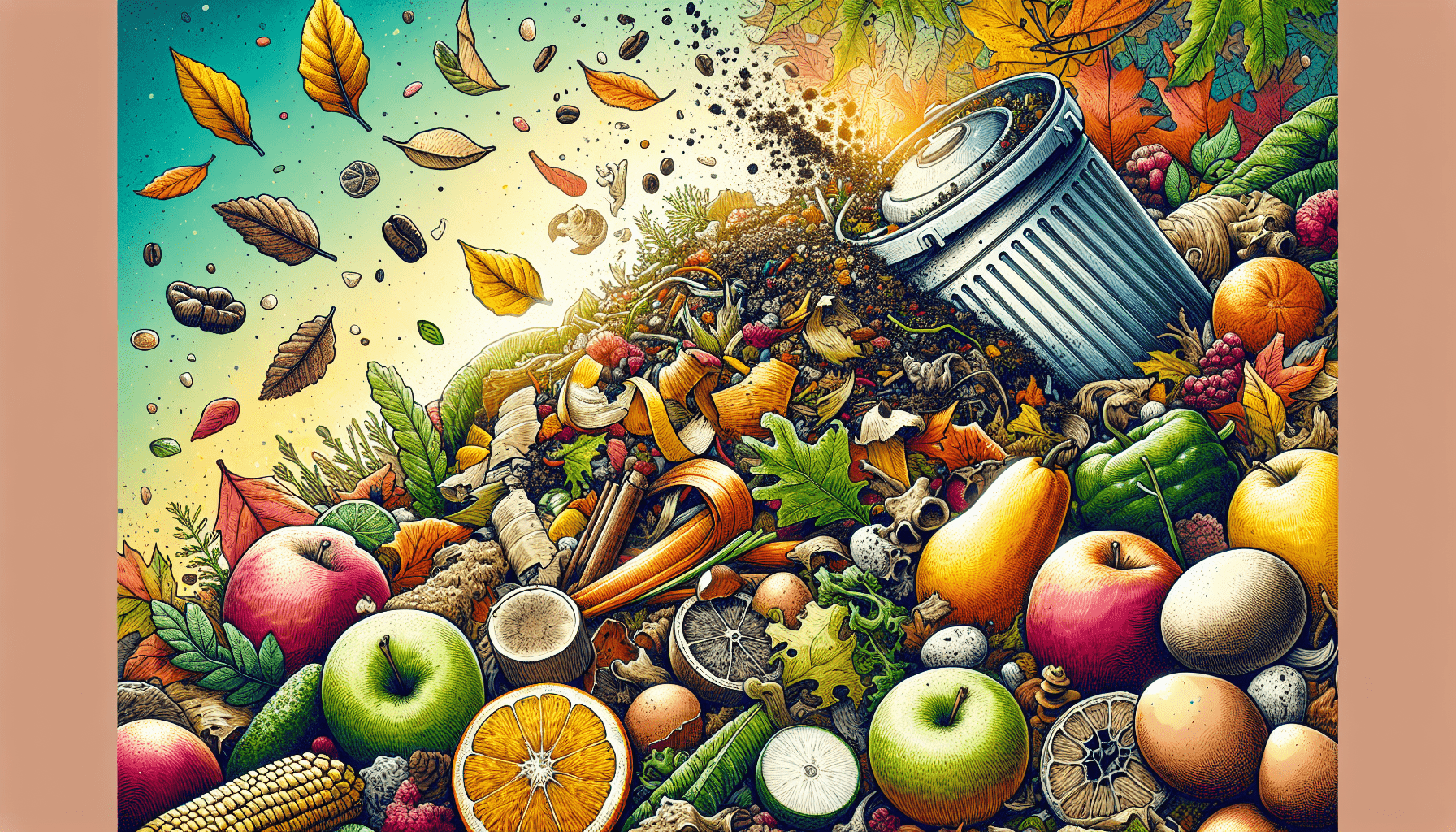
Final Thoughts
Composting is an eco-friendly, cost-effective way to handle our organic waste while benefiting our gardens. By understanding what materials can and cannot be composted, we can create a balanced, healthy compost pile that will break down efficiently and enrich our soil.
Let’s start composting today and contribute to a greener, more sustainable world!

